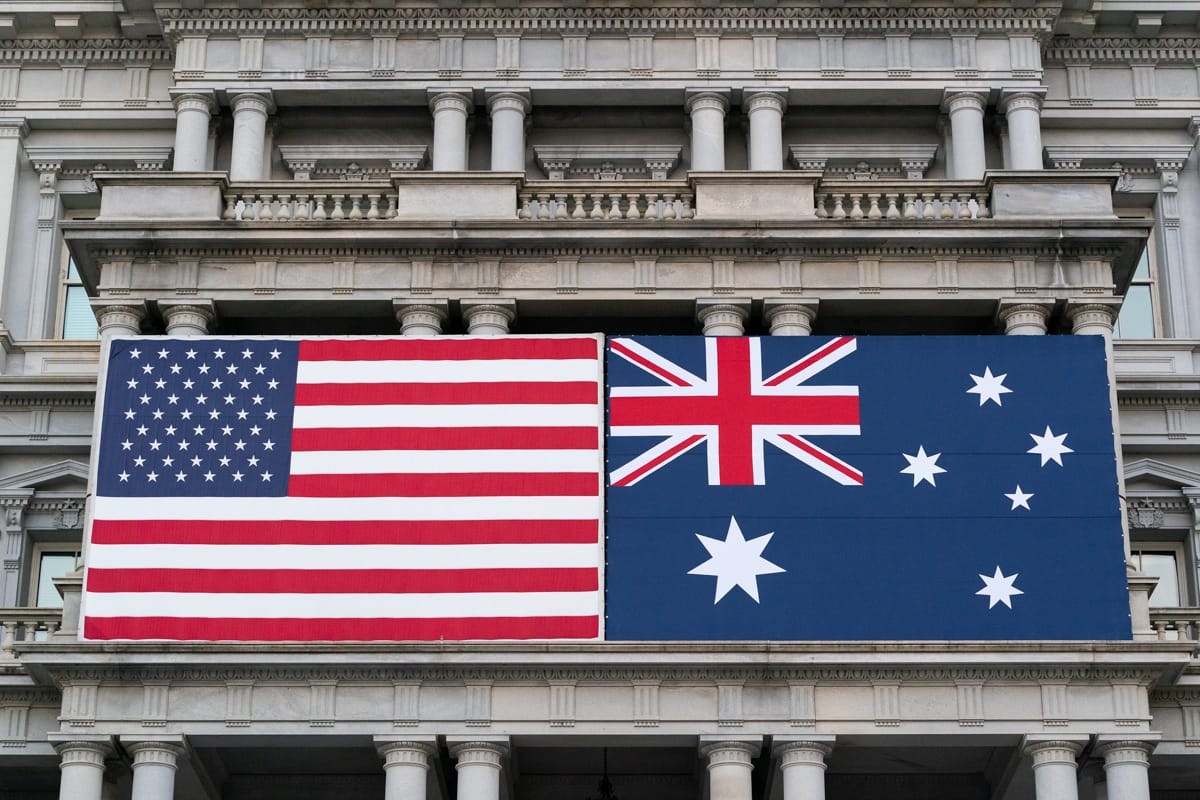Former prime minister Malcolm Turnbull has told his side of that phone call with Donald Trump before. Don’t give in to a bully is Turnbull’s line. His 2020 memoir goes into some fascinating extra detail about the back-and-forth of keeping Australian steel clear of the Trump tariffs, and navigating choppy waters with America related to China, the South China Sea, and bans on Huawei.
But Turnbull’s new essay, “How the world can deal with Trump”, published this week in Foreign Affairs, is good reading, even when covering familiar ground. Kevin Rudd, for example, might find some reassurance in Turnbull’s experience after Trump’s jibe earlier this year about the ex-PM-turned-ambassador being “nasty”.
Turnbull lays out advice for global leaders should Trump win back the White House in November. And it is leaders, one-to-one, that matter most, in Turnbull’s view.
“In my experience with Trump, this meant that ambassadors and foreign ministers, no matter how capable, could offer much less assistance or influence. The key relationship lay between Trump and the foreign leader.”
Should Trump win, Turnbull is convinced that foreign leaders will be best positioned to give Trump the advice he needs to hear.
Whereas usually in diplomacy the outcomes of meetings would be delegated to advisers or officials beforehand, Turnbull found the opposite with Trump.
“The only word that mattered was Trump’s, and he did not like being scripted – in any event, he rarely read from the script. He was the dealmaker, so he wanted to do the deal, on the spot, in the room.”
This observation struck me as particularly interesting. The established wisdom during Trump Mark I was that building relationships with key officials around the President mattered most. “Focus on engaging two types of individuals,” one analyst advised in 2017. “Those who are close to the president with a capacity to change his thinking, and those who hold institutional power, such as senior members in Congress.”
And Joe Hockey, Australia’s ambassador at the time, is certainly credited with having an influence with Trump personally. Turnbull seems to be suggesting it wasn’t the decisive one.

Turnbull isn’t sanguine. “If Trump returns to the White House in 2025, only the wilfully deluded could imagine that a second Trump administration would be less volatile and alarming than the first,” he writes.
But should Trump win, Turnbull is convinced that foreign leaders will be best positioned to give Trump the advice he needs to hear.
“Other leaders, especially those of countries that are close US allies, have an opportunity and a responsibility to speak to Trump with a blunt but respectful candour that few of his advisers will be able to offer him.”
That entails the risk of copping Trump’s temper and falling out with America, never a comfortable prospect. “When my collision with Trump came, I was shaken but not surprised.” And as Turnbull sees it, the danger for foreign leaders is not just diplomatic but political, too.
“If they have a falling out with the US president, there is no guarantee that their own people, let alone their own media, would take their side.”
Alliance alignment is so often assumed. But as Turnbull describes, navigating those instances where interests diverge is the biggest challenge. In truth, that challenge is ever-lasting, whoever wins the US election.

